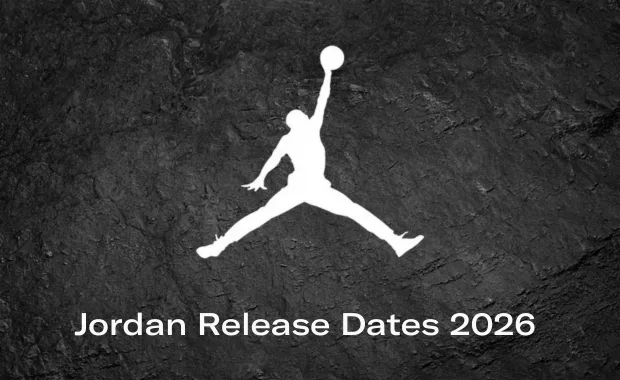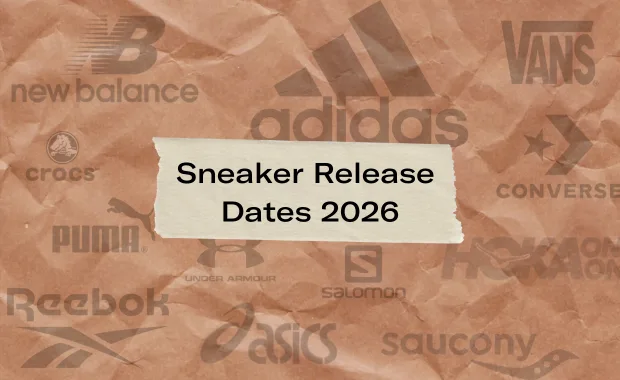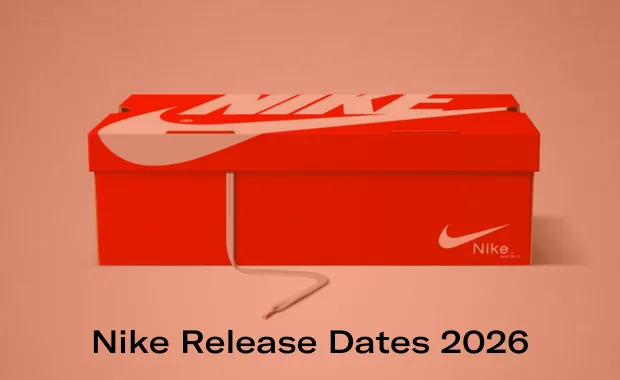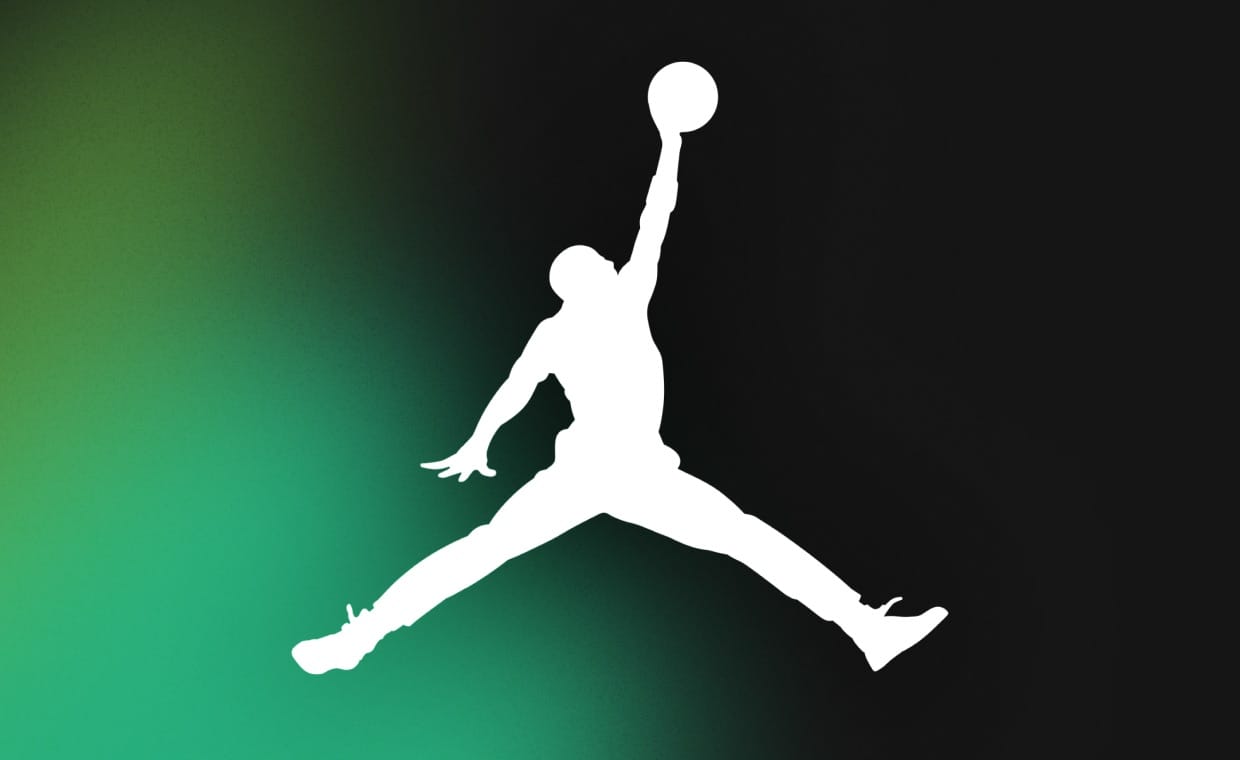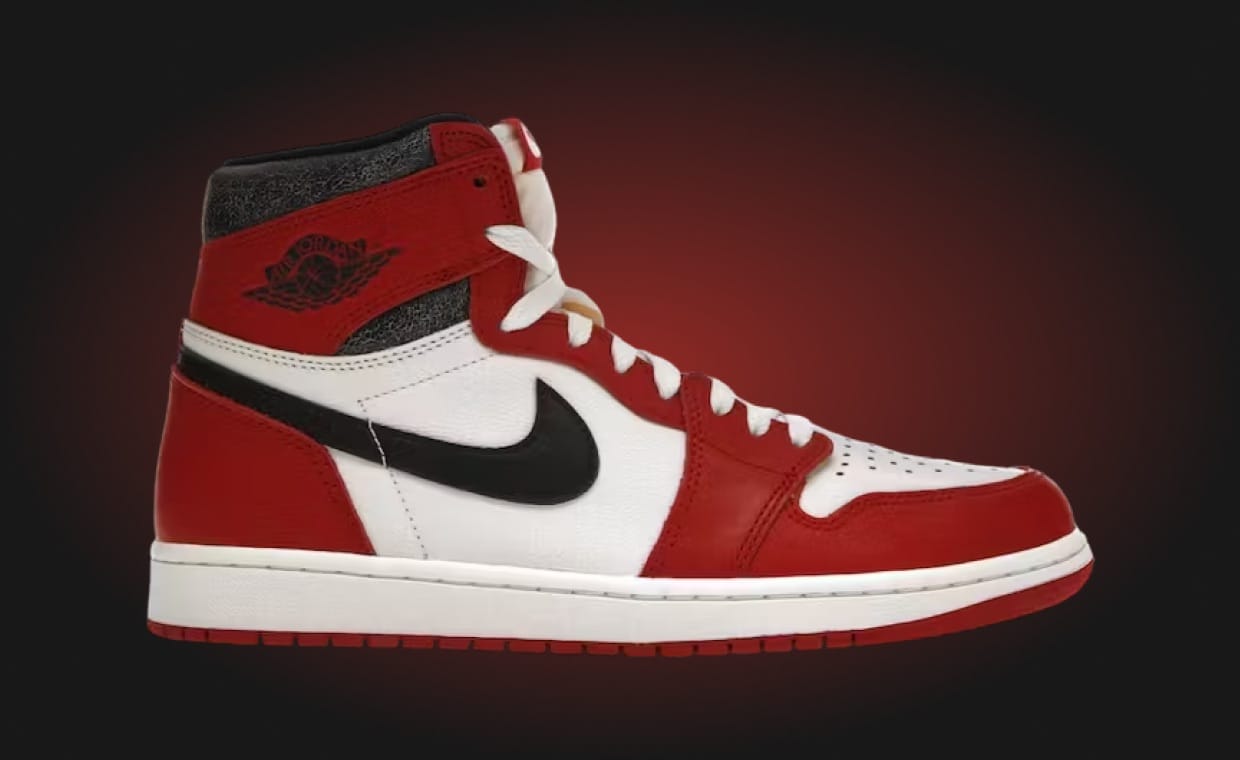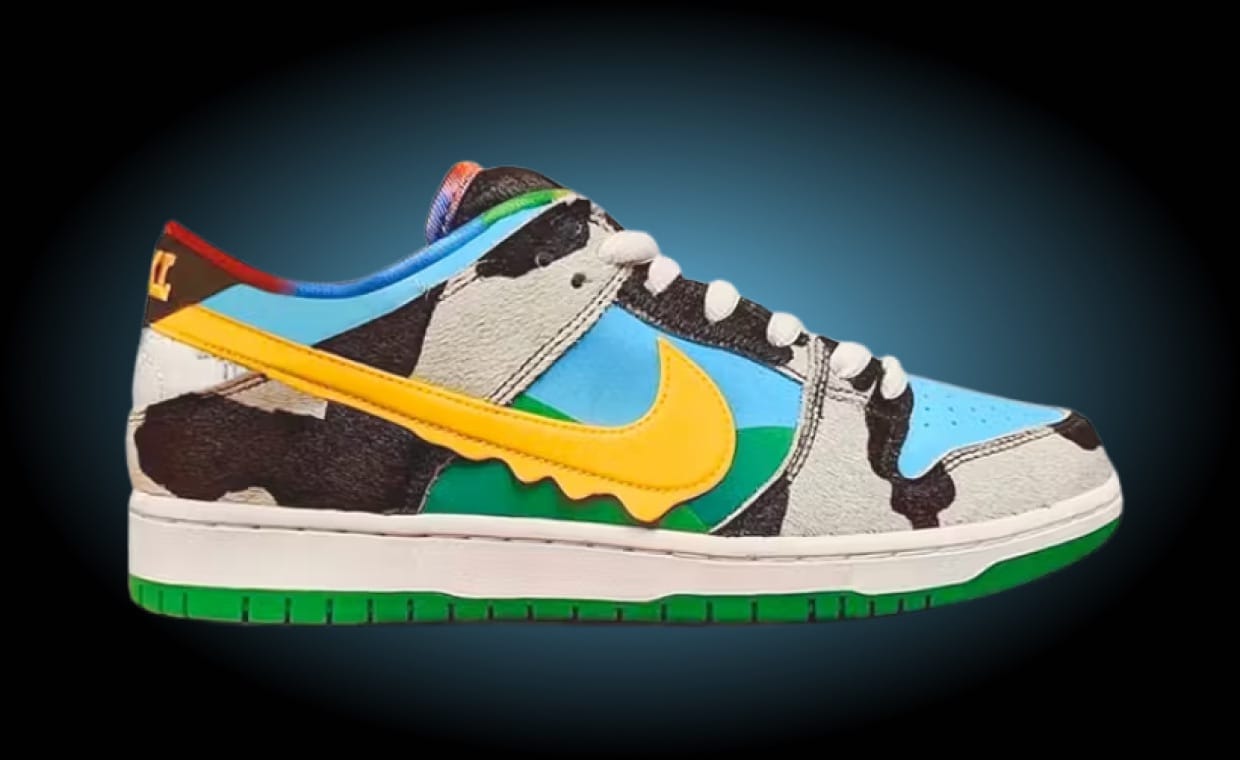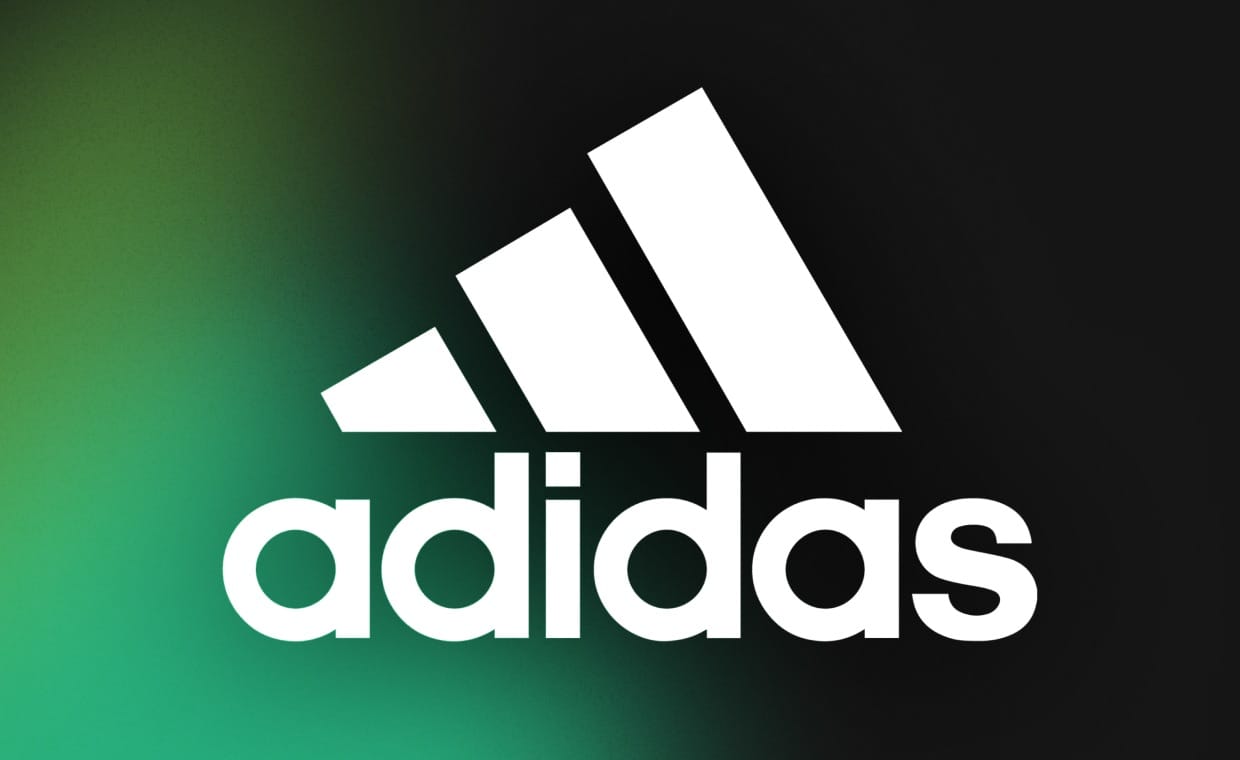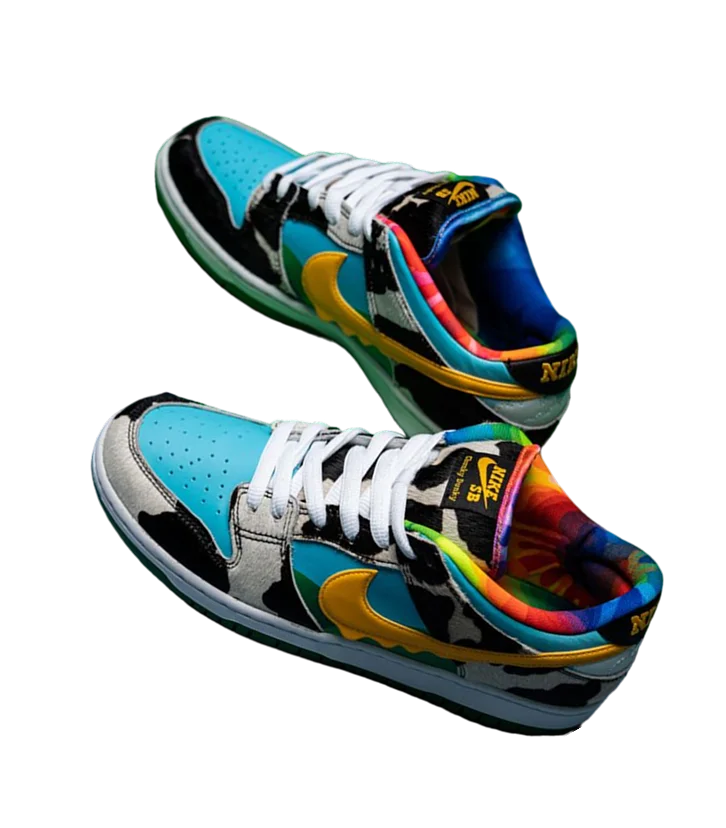Is Sneaker Reselling Still Profitable?
Published
The world of sneaker reselling offers a tempting prospect for enthusiasts and entrepreneurs alike, presenting a dynamic landscape rife with potential for maximizing profits and securing exclusive releases. Understanding the strategies and nuances of sneaker reselling within this ever-evolving market can unlock exciting opportunities and lucrative returns on investment. Let's dive into the complexities and methods of the sneaker resell market, offering a comprehensive overview for enthusiasts and entrepreneurs.
The Early Days of Sneaker Reselling
The sneaker reselling phenomenon initially grew out of a passionate subculture. In its early days, the market was largely informal, with transactions occurring among collectors and enthusiasts at local events, through word-of-mouth, or on developing online forums. The rarity of specific models, often released in limited quantities or as regional exclusives, drove the initial resell value. It was a niche market with high demand for a relatively small supply of unique and hard-to-find sneakers.
The Rise of Online Marketplaces
The advent of the internet and online commerce platforms marked a significant turning point in sneaker reselling. Websites like eBay and Grailed made it easier for sellers to reach a broader audience, expanding the market beyond local communities. This increased visibility boosted demand and encouraged more people to enter the resell market as sellers.
Following eBay, dedicated sneaker reselling platforms like StockX, GOAT, and others emerged, specializing in authenticated, high-demand sneakers. These platforms streamlined the process, offering a more reliable and accessible marketplace for both buyers and sellers. They also provided data on market prices, which helped in strategically pricing sneakers.
Impact of Increased Supply and Accessibility
With the rise of these dedicated platforms and high demand, the sneaker reselling market became more saturated. Quick cash sellers entered the fray, responding to the immediate profitability and accessibility of the market. The increase in sellers led to a higher supply of resold sneakers in the market. In economics, when the supply of a product increases while demand remains static or grows at a slower rate, there's a natural tendency for prices to decrease. This principle began to apply to the sneaker resell market.
Reduced Profitability in a Saturated Market
The saturation of the market has had a notable impact on profitability. While rare and highly coveted sneakers still command high resell prices, the average profitability per pair of sneakers has generally decreased. This is because many sneakers are now more accessible on the secondary market, giving buyers more options and reducing the urgency to pay inflated prices.
Moreover, with more information readily available about release dates, resale values, and market trends, buyers have become more savvy. They're often less willing to pay exorbitant prices, except for the most exclusive releases.
What Drives Profitability
The sneaker resell market today is largely driven by a few key trends, each playing a crucial role in shaping the landscape and creating opportunities for profit.
Rise of Social Media and Influencer Marketing
Social media platforms have become pivotal in generating hype around sneaker releases. Influencers and celebrities showcasing a particular model can significantly increase demand. Brands often collaborate with these influencers for exclusive releases, creating a frenzy among followers. For resellers, keeping an eye on these social media trends and influencer activities can provide early indicators of what sneakers might become highly sought-after.
The Drop: Growing Demand for Hyper Limited-Edition Releases
Limited-edition sneakers, often released in collaboration with celebrities or through special events, have become particularly lucrative. The scarcity of these sneakers drives up their resell value. Staying informed about these releases, often heavily promoted on social media and through brand marketing campaigns, is crucial for resellers. There are often complicated releases for these shoes involving custom websites and scavenger-hunt like challenges.
Brand Reputation
The reputation and hype surrounding certain brands can significantly impact resell value. Brands like Nike, especially their Air Jordan line, or adidas with its Yeezy collection, typically have a higher resell value due to their strong brand presence and historical significance in sneaker culture. Brand awareness is a key component to even having the possibility of demand – if you don't know the brand it doesn't matter how limited the shoe is. Not many people these days are looking for a 1 of 1000 Li-Ning sneaker (although that may change in the near future).
Case Study: The Nike Dunk Low "Panda" Phenomenon
The Panda Nike Dunk Low provides a fascinating case study in the sneaker resell market. Launched in 2021, the sneaker quickly gained iconic status, becoming a staple amongst fashion and sneakerhead influencers. Its initial release was characterized by limited availability, primarily through Nike's SNKRS app, which is known for its exclusive drops. This limited availability, combined with high demand driven through influencer marketing, set the stage for a classic supply-and-demand scenario that significantly impacted its resell value.
The strategy employed by Nike for the Panda Dunk Low was intriguing. Following the limited initial release and aggressive influencer marketing cycle, Nike began a series of regular restocks on its website. This move was somewhat unorthodox in the sneaker world, where exclusivity often drives demand. However, the Panda Dunk Low's design - a versatile black and white colorway that appealed to a broad audience - along with the initial hype generated by influencers, created a sustained demand.
What makes the Panda Dunk Low case particularly interesting is the way Nike managed this demand. By controlling the release schedule and the quantities released each time, they kept the market on its toes. Each restock replenished the market but not to the extent that it completely satisfied the demand. This strategy maintained a certain level of exclusivity and desirability for the sneaker, ensuring that it remained a hot commodity in the resell market.
From a reseller's perspective, the Panda Dunk Low represented a unique opportunity. Unlike other limited-edition releases that offer a single chance to buy and resell, the periodic restocking of the Panda allowed resellers multiple opportunities to acquire and sell the sneaker. The regular restocks also meant that the resell prices, while still profitable, were more stable compared to other sneakers that might see huge fluctuations in resell value due to their rarity.
Future Outlook on Sneaker Reselling
The dynamics of sneaker reselling have undergone significant shifts over the years, with the advent of digital platforms and changing consumer behavior. Looking ahead, three critical trends have emerged: a return to local and online community sales, establishing repeat customers and building lasting relationships, and embracing volume selling.
Local Sneaker Sales
To increase profit margins, resellers have turned to selling locally. The initial gold rush of low fees and high demand created a volume flood on StockX driving down profitability. Now that most online marketplaces have reached equilibrium, there's been a return to selling both locally and within niche online communities. By shifting focus to local markets, resellers can leverage direct sales through social media channels, local events, and word-of-mouth, effectively reducing or eliminating these additional costs. This approach not only improves profit margins but also fosters a sense of community among local sneaker enthusiasts.
Building Repeat Customers and Relationships
The importance of establishing repeat customers cannot be overstated in the reselling business. Repeat customers provide a stable revenue stream and can be less costly to serve compared to acquiring new customers. For sneaker resellers, this means developing strong relationships with buyers through excellent customer service, reliability, and authenticity. By creating a trusted brand and customer experience, resellers can encourage loyalty and repeat business, which is essential in a market where trends and preferences constantly evolve.
The Role of Volume Selling
Volume selling appears as a viable strategy for future profitability in sneaker reselling—infamously to the detriment of the community in the case of Zadeh Kicks. With market saturation and varying degrees of profitability across different sneaker models, focusing on selling a larger volume of sneakers at smaller profit margins per pair can be an effective way to sustain overall profitability.
A Return to Community and Authenticity in Sneaker Reselling
As we look towards the future of sneaker reselling, it's becoming increasingly clear that the landscape is shifting towards a more community-focused and relationship-driven approach. Post-pandemic, the sneaker resell market is evolving from the frenzied gold rush era dominated by quick buys and sells on platforms like StockX. This period was marked by a surge in resellers seeking fast cash from high-demand releases. The trend of quick-cash reselling is diversifying, with many resellers moving to other markets like electronics and collectibles–and sneaker retailers are increasingly pushing back against resellers. This shift is leaving room for those dedicated to establishing a brand in the sneaker community, prioritizing more than just profit. Resellers are recognizing the value in building a reputation for authenticity, reliability, and a genuine passion for sneakers.
Resellers who are in it for more than profit are likely to see greater sustainability in their ventures. By focusing on building a brand and fostering community relationships, they establish themselves as credible and trusted figures in the sneaker world. This approach may not yield the instant profits of high-volume online reselling, but it offers a more stable and rewarding path in the long term.
Download the Sole Retriever mobile app to stay updated on sneaker releases dates and more.

Sole Retriever is the leading source for all things sneakers. Tap in for the latest and greatest news.
